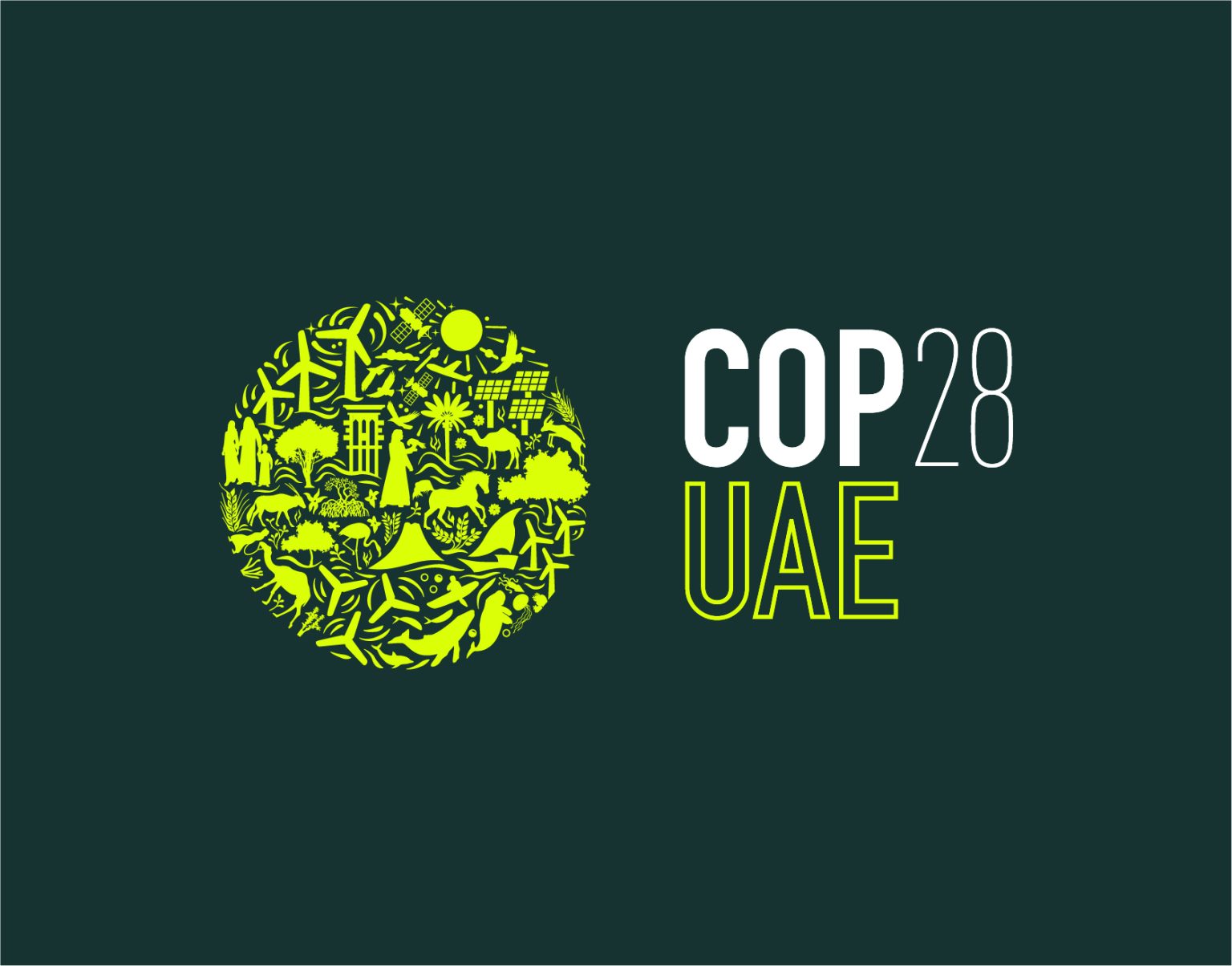Arun Sudhaman 24 Nov 2023 // 11:14AM GMT

HONG KONG — Climate change communications needs to strike a more hopeful note if it aims to spur action, according to a new study that finds media coverage of the climate crisis is nearly twice as likely to take a fear-driven approach.
Analysis of more than 2,300 articles from 45 outlets in 11 countries shows that fewer than seven percent of coverage provides real-world examples of what can be done to reduce pollution while creating a sense of fear runs through nearly 12% of articles.
The imbalance is particularly acute in India and Brazil where fear-based reporting outweighs positive examples by a factor of eight and nine respectively. China is the exception with nearly a quarter (24%) of articles carrying positive examples.
The study will raise questions as to whether the media has any responsibility in terms of spurring positive change versus simply reporting the facts. "It does raise an interesting debate," said Mark Jackson, whose Reputation Works consultancy carried out the research with Simply Thought.
"I think that we need more of a balance so that people understand the consequences of the actions we’re taking (or not taking) and showing what we can do to prevent the disaster that’s unfolding," said Jackson. "I think communicators need to be front and centre, ensuring that every 'woe is us' story is matched with the advice to show what can be done."
Negativity seems to be particularly rife among NGOs, climate bodies and international / supra-national organisations such as the UN. Despite accounting for less than one-third (32%) of all coverage, these two organisation types make up over half (51%) of all news articles with a fear-driven message.
“The global stocktake at COP28 will show that not a single country is on track to meet the climate change commitments made in the 2015 Paris Agreement. It is clear that governments and businesses have failed to live up to their promises,” added Jackson. “However, communications professionals are also failing their stakeholders with doom-laden communications that inspire fear rather than action."
The report also suggests six tenets to guide communications professionals as they work with the media, including using real-world examples of business and government initiatives to reduce emissions, using less fearful language to present information, focusing on local impact rather than global stories, and telling business stories with humility rather than spin.
Simply Thought director Kristian Hoareau Foged pointed out that highlighting the need for action is not enough, without positive examples and best practices. "The challenge for communicators is – as a number of studies have shown –that doom-mongering decreases trust and can make people less likely to take action."
Jackson, furthermore, thinks that climate change guidelines need to be explicitly built into the professional codes of conduct of communications and PR trade associations, in order to minimise greenwashing and maintain trust.



































.jpg)

















